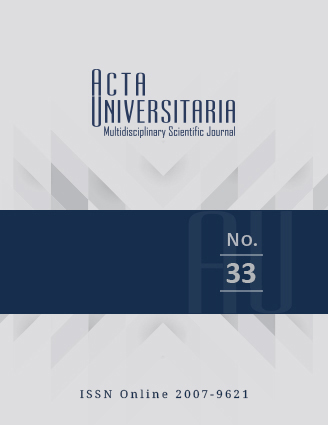Publicado 2023-05-10
Cómo citar
Resumen
El objetivo del estudio fue evaluar la sustentabilidad social y ambiental del sistema productivo con bovinos criollos Nunkiní en Campeche, México. Se evaluaron diez unidades de producción (UP), en las cuales la sustentabilidad se determinó a través de un modelo matemático general que cuantifica los principios y objetivos del desarrollo socioambiental sostenible. Los resultados del modelo se expresaron en un rango de valores de 0 a 10 y se clasificaron como: No sustentable, Puede ser sustentable, En evolución, Sustentable en evolución y Altamente sustentable. De las diez UP, una (10%) se encuentra en el nivel en evolución, siete (70%) son sustentables en evolución y dos (20%) altamente sustentables. En conclusión, el sistema local de producción ganadera tiende hacia la sustentabilidad socioambiental; no obstante, podría ser más eficiente si se promueve la acción social y la participación entre los productores.

